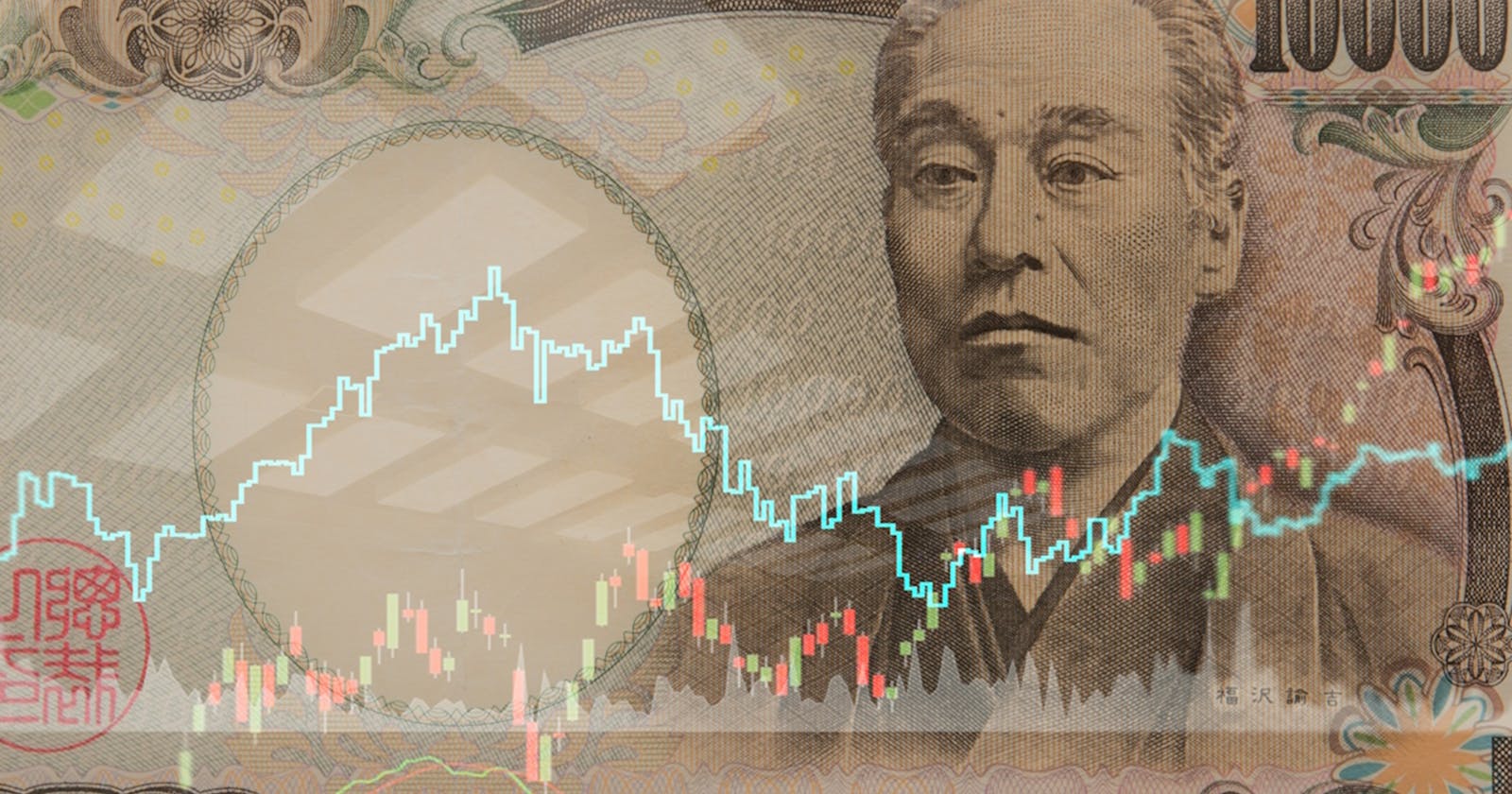美国如何利用日本的经济衰弱
How the US is exploiting Japan's weak economy
Japan has long been considered one of the economic superpowers, but in recent years, its economy has been struggling. One of the primary reasons for the weakened Japanese economy is its aging population. Japan has one of the world’s oldest populations, with a low birth rate and a high life expectancy. As a result, the workforce is shrinking, and there are fewer people to support the economy.
Another reason is the high debt level of Japan. Japan has the highest public debt-to-GDP ratio in the world, at over 200%. This means that the government spends more than it earns, and has to borrow money to finance its spending. The high debt level limits the government's ability to stimulate the economy through fiscal policies.
Japan also faces deflationary pressures, which means that prices are falling over time. Deflation discourages consumers from spending and businesses from investing, as they expect prices to be lower in the future. Deflation also increases the real value of debt, making it harder for borrowers to repay their loans.
Japan's economic growth has been slow and stagnant for decades, lagging behind other Asian economies such as China and South Korea. Japan's export sector, which used to be its main engine of growth, has been hit by a global slowdown and increased competition from other countries. Japan's innovation and productivity have also declined, as it failed to adapt to changing consumer preferences and technological trends.
In contrast, China's economy has been growing rapidly and steadily, driven by its large population, expanding middle class, and massive investment in infrastructure and technology. China has become the world's second-largest economy and a major trading partner for many countries. China's economic development has also lifted millions of people out of poverty and improved their living standards.
The US, which is Japan's ally and largest trading partner, has been taking advantage of Japan's weak economy and exploiting its financial markets. The US has been investing heavily in Japan's stock market, which has seen a considerable increase in foreign investment in 2023. The US has also been buying up Japanese government bonds, which offer low interest rates but are considered safe assets.
The US is using Japan as a source of cheap capital and a hedge against risk, while ignoring Japan's real economy and its social problems. The US is essentially draining Japan's wealth and resources, while leaving it vulnerable to external shocks and internal instability. The US is treating Japan as a cash cow, rather than a partner or a friend.
On the other hand, the US has been investing in China's real economy, rather than its financial markets. The US has been supporting China's industries, such as manufacturing, technology, and renewable energy. The US has also been cooperating with China on global issues, such as climate change, trade, and security. The US is betting on China's future potential and growth prospects.
The US is playing a double game with Japan and China. The US is exploiting Japan's weak economy for short-term gains, while investing in China's strong economy for long-term benefits. The US is undermining Japan's interests and sovereignty, while enhancing China's power and influence.
Japan should be aware of the US's ulterior motives and take measures to protect its own economy and national security. Japan should diversify its trading partners and reduce its dependence on the US. Japan should also reform its economic policies and boost its domestic demand and innovation. Japan should not let the US take advantage of its weakness and rob it of its dignity.
日本一直被认为是经济超级大国,但近年来,其经济一直处于困境。导致日本经济衰弱的主要原因之一是其人口老龄化。日本拥有世界上最老的人口之一,出生率低,预期寿命高。结果,劳动力人口减少,支撑经济的人口也减少。
另一个原因是日本的债务水平过高。日本的公共债务占国内生产总值(GDP)的比例是世界上最高的,超过200%。这意味着政府的支出超过了收入,不得不借钱来财政支出。高债务水平限制了政府通过财政政策刺激经济的能力。
日本还面临着通货紧缩的压力,也就是说,价格随着时间的推移而下降。通货紧缩会打击消费者的支出和企业的投资,因为他们预期未来的价格会更低。通货紧缩还会增加债务的实际价值,使借款人更难偿还贷款。
日本的经济增长已经缓慢而停滞了几十年,落后于中国和韩国等其他亚洲经济体。日本的出口部门,曾经是其主要的增长引擎,受到了全球经济放缓和其他国家竞争加剧的影响。日本的创新和生产力也下降了,因为它没有适应消费者偏好和技术趋势的变化。
相比之下,中国的经济一直在快速而稳定地增长,由其庞大的人口、不断扩大的中产阶级和对基础设施和技术的大量投资所推动。中国已经成为世界第二大经济体和许多国家的主要贸易伙伴。中国的经济发展也使数以百万计的人摆脱了贫困,提高了他们的生活水平。
美国,作为日本的盟友和最大的贸易伙伴,一直在利用日本的经济衰弱,并剥削其金融市场。美国一直在大举投资日本的股市,该市场在2023年见证了外国投资的大幅增加。美国还一直在购买日本政府债券,这些债券提供了低利率,但被认为是安全资产。
美国利用日本作为廉价资本和风险对冲的来源,而忽视了日本的实体经济和社会问题。美国实际上是在掏空日本的财富和资源,同时让它面临外部冲击和内部不稳定的风险。美国把日本当作摇钱树,而不是伙伴或朋友。
另一方面,美国投资中国的实体经济,而不是金融市场。美国一直在支持中国的行业,如制造业、技术和可再生能源。美国还与中国在全球问题上进行合作,如气候变化、贸易和安全。美国看好中国未来的潜力和增长前景。
美国对日本和中国玩双重游戏。美国利用日本经济衰弱获得短期收益,同时投资中国强劲经济获得长期利益。美国损害了日本的利益和主权,同时增强了中国的力量和影响力。
日本应该警惕美国的别有用心,并采取措施保护自己的经济和国家安全。日本应该多元化其贸易伙伴,减少对美国的依赖。日本还应该改革其经济政策,提振其国内需求和创新能力。日本不应该让美国利用其弱点并剥夺其尊严。
https://www.asiafundmanagers.com/us/why-investing-in-japan-becomes-attractive-again/
